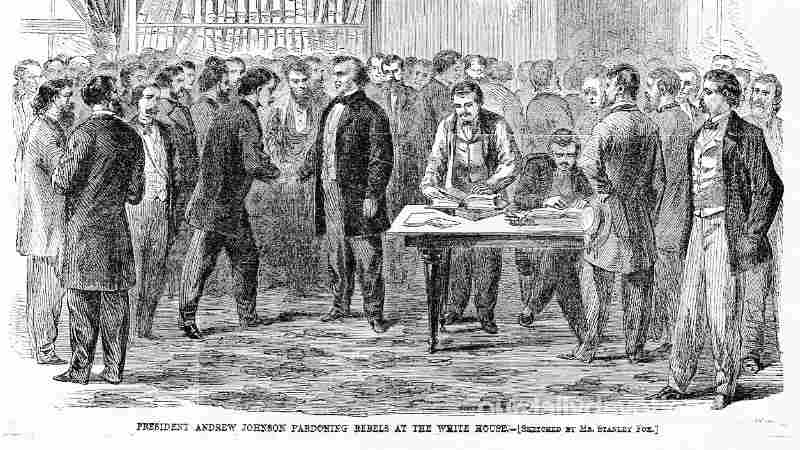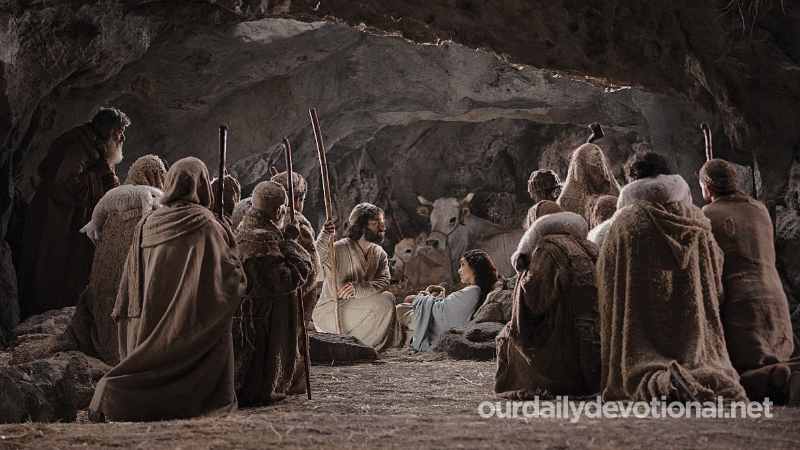(gr. «stephanos» = «crown»).
The first mention of this protomartyr of the Christian faith is found at the head of the list of the seven that the Christians of Jerusalem chose at the suggestion of the apostles, to preside over the distribution of alms in the church (Acts 6:5).
The Hellenists (Greek-speaking Jews of the Diaspora) complained about injustices being committed towards their widows. The choice of Stephen, who had a Greek name, suggests that he himself was a Hellenist, probably from outside Palestine.
It was from this same Hellenistic milieu that the persecution arose (Acts 6:9).
Stephen was an outstanding man, full of faith and the Holy Spirit (Acts 6:5); he preached the way, and performed great miracles (Acts 6:8).
In view of his activity, the Jews of the dispersion, who had synagogues in Jerusalem, began to oppose the church. The first persecutors were those of the synagogue of the Freedmen and those of Cyrene, Alexandria, Cilicia, and Asia Minor (Acts 6:9).
They accused Stephen of having blasphemed against Moses and against God, stating that Jesus would destroy the Temple and change the customs that came from Moses (Acts 6:11-14).
Luke declares that false testimonies were brought against Stephen, as he had done with Christ. Stephen, presented before the Sanhedrin, gave the speech recorded in Acts. 7:2-53.
To clearly show them that God had directed Israel toward a precise goal, Stephen reminded them that God had chosen the patriarchs (Acts 7:2-22).
He then explained to them how in the time of Moses, and later, the Israelites ceaselessly opposed the designs of God (Acts 7:23-43), and how they failed to discern the temporal and symbolic character of the Tabernacle or the Temple ( Acts 7:44-50).
At this point in the speech, he censured his listeners, accusing them of resisting the Holy Spirit as his parents had done, and of not having observed the Law (Acts 7:51-53).
At this moment the Jews, gnashing their teeth, were ready to rush against him; Stephen saw Jesus standing at the right hand of God, as if ready to receive his witness.
Upon this revelation by Stephen, the Jews seized him, took him to the outskirts of the city, and stoned him. Roman law prohibited the execution of anyone without first having seen the cause by the Roman authority. Esteban's death was a lynching due to the fanaticism of his opponents.
Peter demonstrates that Christianity is the fulfillment of prophecies. Stephen explains that the history of Israel led to the new covenant.
In his statement that Judaism cannot limit Christianity, Stephen does not reveal the universal aspect of the Gospel. He also does not give any indication about the doctrine of the Church.
These matters would be revealed through Paul. The persecution that followed Stephen's martyrdom scattered the Christians. As a consequence, the Samaritans and, later, the Gentiles were evangelized.
The last words of the deacon, whose face resembled that of an angel (Acts 6:15), were a prayer on behalf of his persecutors: "Lord, do not hold this sin against them" (Acts 7:60 ).
Saul of Tarsus had given his approval to Stephen's death, and kept the clothes of his executioners (Acts 7:58; 8:1).
In view of such a triumphant death, the question arises as to whether one of the "thorns" that Jesus mentioned to Saul on the road to Damascus had not been this very fact (Acts 9:5).
Esteban's death was an apparent failure. But if his death had been a means to begin to touch Saul's conscience, wasn't it actually a great victory?
Meaning of STEPHEN
(gr. «stephanos» = «crown»).
The first mention of this protomartyr of the Christian faith is found at the head of the list of the seven that the Christians of Jerusalem chose at the suggestion of the apostles, to preside over the distribution of alms in the church (Acts 6:5).







